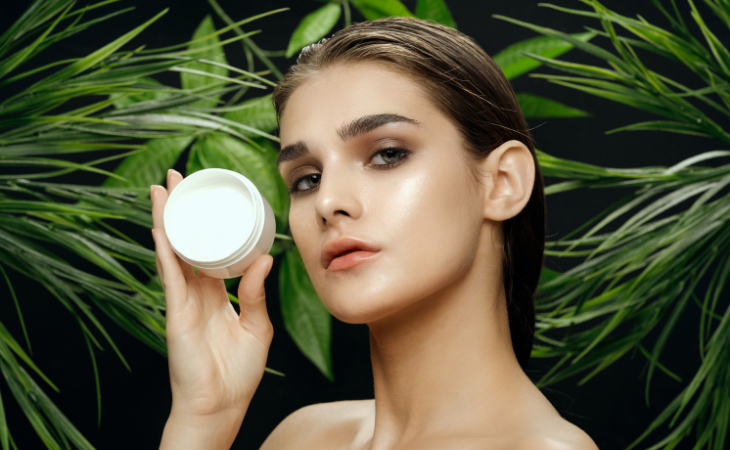Effective skincare is not one-size-fits-all. Different skin types require different care routines to maintain their health and appearance. Whether you have oily, dry, combination, or sensitive skin, understanding how to treat it can make a significant difference. This article provides tailored skincare tips for each skin type, helping you choose the right products and techniques to keep your skin looking its best.
Identifying Your Skin Type
Before you can effectively care for your skin, you need to understand its type. Generally, skin types are categorized as oily, dry, combination, and sensitive. You can determine your skin type at home by cleansing your face, waiting an hour, and observing how your skin feels and looks.
- Oily skin often appears shiny, especially in the T-zone (forehead, nose, and chin), and may have larger pores and be prone to acne.
- Dry skin may feel tight or rough and appear dull or flaky.
- Combination skin features areas of both dryness and oiliness, typically with oiliness in the T-zone.
- Sensitive skin tends to react easily to products or environmental factors, often experiencing redness, itching, or burning.
Skincare Tips for Each Skin Type
1. Oily Skin
- Cleansing: Use a gentle foaming cleanser twice a day to remove excess oil without stripping your skin.
- Toning: An alcohol-free toner can help remove any residual oil and tighten pores without causing dryness.
- Moisturizing: Opt for a lightweight, oil-free moisturizer to hydrate without adding extra oil.
- Treatment: Consider products containing salicylic acid or benzoyl peroxide to combat acne.
- Sun Protection: Use an oil-free, non-comedogenic sunscreen to protect without clogging pores.
2. Dry Skin
- Cleansing: Use a hydrating cleanser that doesn’t strip your skin’s natural oils.
- Toning: Skip alcohol-based toners; instead, use hydrating formulas that help lock in moisture.
- Moisturizing: Apply a rich cream-based moisturizer while your skin is still damp to seal in moisture.
- Treatment: Ingredients like hyaluronic acid and glycerin can be beneficial in attracting moisture to your skin.
- Sun Protection: Use a moisturizing sunscreen to protect against UV rays while keeping skin hydrated.
3. Combination Skin
- Cleansing: A gentle cleanser that doesn’t overly strip the skin’s oils is ideal.
- Toning: Use a balanced toner that addresses both oiliness and dryness.
- Moisturizing: You might need different moisturizers for different areas—lighter for oily areas and richer for dry patches.
- Treatment: Use targeted treatments on specific areas—like spot treating blemishes or dry spots.
- Sun Protection: A broad-spectrum sunscreen is a must; consider a formula that balances between matte and hydrating.
4. Sensitive Skin
- Cleansing: Use a very gentle, fragrance-free cleanser to avoid irritation.
- Toning: Choose a soothing, alcohol-free toner with ingredients like aloe vera or chamomile.
- Moisturizing: Look for hypoallergenic and fragrance-free moisturizers to minimize risk of irritation.
- Treatment: Be cautious with active ingredients; introduce new products slowly.
- Sun Protection: Use physical sunscreens with zinc oxide or titanium dioxide as they are less likely to irritate sensitive skin.
Caring for your skin according to its type is crucial for maintaining its health and appearance. By choosing products that are suited to your skin’s specific needs and adjusting your routine as necessary, you can help ensure that your skin remains balanced, healthy, and vibrant. Remember, your skin’s needs can change with age, environment, and seasons, so it’s important to continually assess and adapt your skincare routine accordingly.








